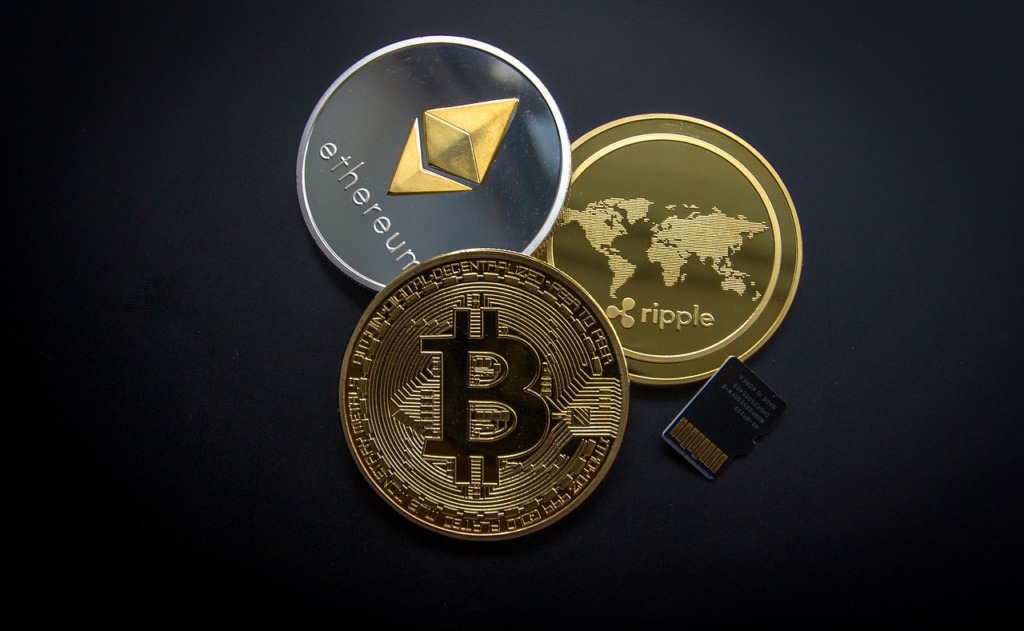
Cryptocurrency has taken the world by storm, but for beginners, it can feel like stepping into a foreign land. If you’ve ever wondered what cryptocurrency is, how it works, or how to get started, you’re in the right place. This beginner’s guide to cryptocurrency will break down everything you need to know in simple terms. Whether you’re curious about Bitcoin, Ethereum, or blockchain technology, this guide will help you navigate the crypto world with confidence.
What is Cryptocurrency?
Cryptocurrency is a type of digital or virtual currency that uses cryptography for security. Unlike traditional currencies like the US dollar or euro, cryptocurrencies operate on decentralized networks called blockchains. This means no central authority, like a bank or government, controls them.
The first and most well-known cryptocurrency is Bitcoin, created in 2009 by an anonymous person (or group) known as Satoshi Nakamoto. Since then, thousands of cryptocurrencies, often called “altcoins,” have emerged, including Ethereum, Ripple, and Litecoin.
How Does Cryptocurrency Work?
Blockchain Technology
At the heart of cryptocurrency is blockchain technology. A blockchain is a public ledger that records all transactions across a network of computers. Each “block” contains a list of transactions, and once a block is completed, it’s added to the “chain” in a linear, chronological order.
This decentralized system ensures transparency and security, as altering any single block would require changing every subsequent block across the entire network—a nearly impossible task.

Mining and Transactions
Cryptocurrencies like Bitcoin are created through a process called mining. Miners use powerful computers to solve complex mathematical problems, validating transactions and adding them to the blockchain. In return, they are rewarded with new cryptocurrency coins.
When you send or receive cryptocurrency, the transaction is broadcast to the network and verified by miners. Once confirmed, it’s added to the blockchain, making it permanent and tamper-proof.
Why is Cryptocurrency Popular?
-
- Decentralization: No central authority means fewer intermediaries and lower fees.
- Transparency: All transactions are recorded on a public ledger.
- Security: Cryptography makes it nearly impossible to counterfeit or double-spend.
- Potential for High Returns: Many investors see crypto as a lucrative investment opportunity.
Types of Cryptocurrencies
While Bitcoin is the most famous, there are thousands of cryptocurrencies, each with unique features. Here are a few popular ones:
-
- Bitcoin (BTC): The original cryptocurrency, often referred to as “digital gold.”
- Ethereum (ETH): Known for its smart contract functionality, enabling decentralized applications (dApps).
- Ripple (XRP): Designed for fast, low-cost international payments.
- Litecoin (LTC): Often called the “silver to Bitcoin’s gold,” with faster transaction times.
How to Get Started with Cryptocurrency
1. Choose a Reliable Crypto Wallet
A crypto wallet is a digital tool that allows you to store, send, and receive cryptocurrencies. There are two main types:
-
- Hot Wallets: Connected to the internet (e.g., mobile or desktop apps).
- Cold Wallets: Offline storage (e.g., hardware wallets like Ledger or Trezor).

2. Select a Cryptocurrency Exchange
To buy crypto, you’ll need to use a cryptocurrency exchange. Popular options include:
-
- Coinbase: Great for beginners.
- Binance: Offers a wide range of coins.
- Kraken: Known for its security features.
3. Start Small and Diversify
As a beginner, it’s wise to start with a small investment and diversify across different cryptocurrencies to spread risk.
4. Stay Informed
The crypto market is highly volatile, so staying updated on news and trends is crucial. Follow reputable sources like CoinDesk or CoinTelegraph.
Risks and Challenges
While cryptocurrency offers exciting opportunities, it’s not without risks:
-
- Volatility: Prices can swing dramatically in short periods.
- Security Risks: Hacks and scams are common in the crypto space.
- Regulation: Governments are still figuring out how to regulate crypto, which could impact its future.
Tips for Beginners
-
- Do Your Research: Understand the technology and the specific crypto you’re investing in.
- Use Strong Security Practices: Enable two-factor authentication (2FA) and store your private keys securely.
- Avoid FOMO (Fear of Missing Out): Don’t invest based on hype or emotions.
- Start with Established Coins: Bitcoin and Ethereum are generally safer bets for beginners.
The Future of Cryptocurrency
Cryptocurrency is still in its early stages, but its potential is enormous. From revolutionizing finance to enabling decentralized applications, crypto is poised to reshape industries. As more businesses and institutions adopt blockchain technology, the future of cryptocurrency looks brighter than ever.
Final Thoughts
Cryptocurrency may seem complex at first, but with the right knowledge, anyone can get started. This beginner’s guide to cryptocurrency has covered the basics, from what crypto is to how you can begin your journey. Remember, the key to success in the crypto world is education and caution.
By following this guide, you’ll be well on your way to understanding and navigating the exciting world of cryptocurrency. Happy investing!
To start buying crypto, you'll need to sign up with one of the reliable cryptocurrency exchanges that offer services in your region and to keep your cryptocurrency safe, you'll need to choose one of the secure cryptocurrency wallets that fits your needs.
Beyond exchanges and wallets, there are several helpful tools for managing cryptocurrency that can enhance your crypto experience.
